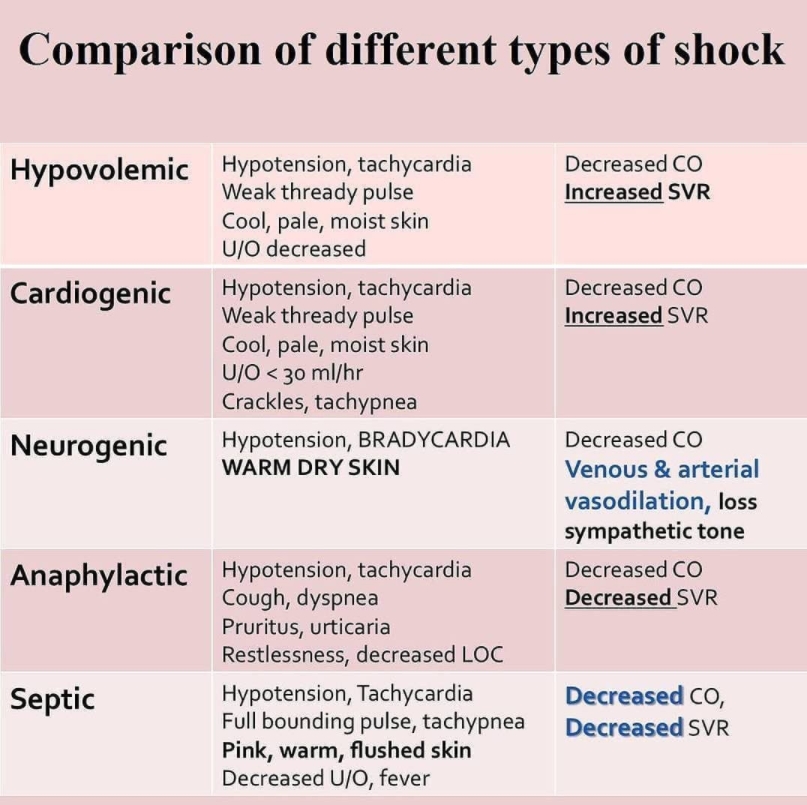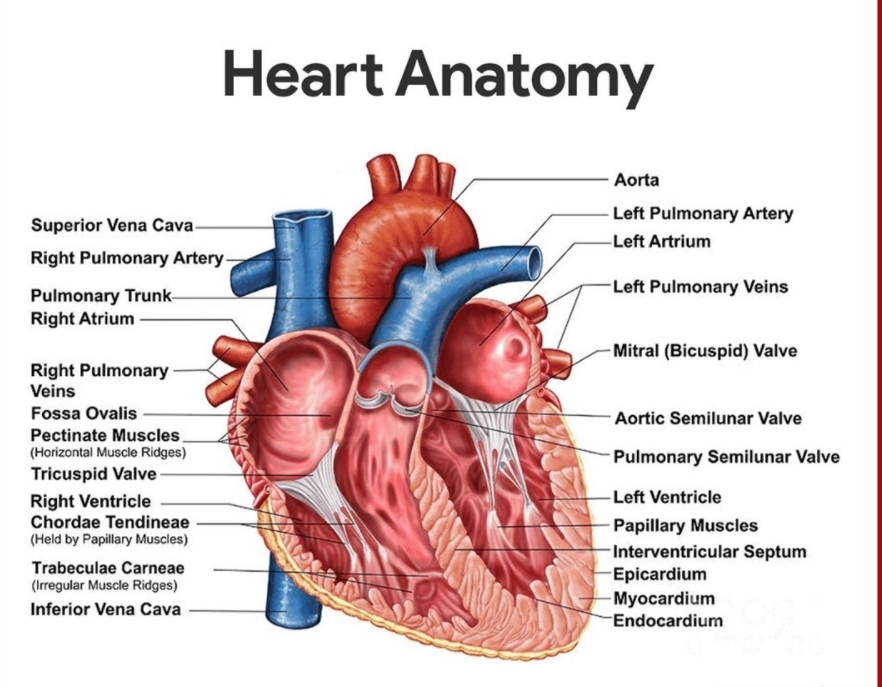Dr. Boon Lim was first voted best cardiologist in London UK by colleagues in 2017. Dr Boon Lim was a... View MoreDr. Boon Lim was first voted best cardiologist in London UK by colleagues in 2017. Dr Boon Lim was again awarded Top Doctor of the year in 2018 for cardiology, making it the second successive year that Dr Lim has been awarded this accolade voted by physician peers across the UK. He provides personalized patient care, tailored to your needs and works in the NHS based at Hammersmith Hospital, a renowned academic teaching hospital, and also as a private cardiologist in Harley Street in central London. Dr. Lim is able to see you at several locations for your convenience, where you can expect to receive world-class care. Consultation starts with a history and thorough understanding of your needs and often fears, and his empathetic style, and clear decision-making, underscored by expert knowledge in his field, give patients the assurance and confidence that they are receiving an exceptional healthcare experience entirely focussed on the patient’s concerns.Website: https://drboonlim.co.uk/Address: London Cardiovascular Clinic, 66 Harley Street, Marylebone, London, W1G 7HD, UKPhone: +44 0207 436 0669
About Me
Dr. Boon Lim was first voted best cardiologist in London UK by colleagues in 2017. Dr Boon Lim was a... View More
Dr Boon Lim
shared a video
Inserting Wireless pacemaker
64 views
The leadless pacemaker is miniaturized, which allows the electronics, battery and delivery system to be contained within the unit.
Learn more about Pacemaker:
https://drboonlim.co.uk/pacemaker-implantation/
Be the first person to like this.
Dr Boon Lim
shared a video
Diet and cardiovascular health
67 views
How can we modify our diet in order to achieve optimal cardiovascular health?
Learn more about cardiology:
https://drboonlim.co.uk
Be the first person to like this.
Dr Boon Lim
added new photos to their album "DR BOON LIM LECTURE DURING EUROPE AF MEETING IN LONDON NOV 2019"
Different types of shock include:
- Hypovolemic shock (caused by too little blood volume)
- Cardiogenic shock (due to heart problems)
- Neurogenic shock (caused by damage to the nervous system)
- Anap... View More
Be the first person to like this.
Dr Boon Lim
added new photos to their album "DR BOON LIM LECTURE DURING EUROPE AF MEETING IN LONDON NOV 2019"
You can never go wrong with getting back to the basics of cardiac anatomy.
Learn More:
https://drboonlim.co.uk
Be the first person to like this.
Dr Boon Lim
shared a video
Treat abnormal blood flow in a vessel
58 views
In this clip we see the deployment of a coil that can be used to treat abnormal blood flow in a vessel. â €
â €
âš ï¸ Notice that the contrast does not flow normally after coil placement. This is what you would expect to see after successful deployment. â €
Learn more about heart problems and their solution- by Dr boon lim
https://drboonlim.co.uk
Be the first person to like this.












